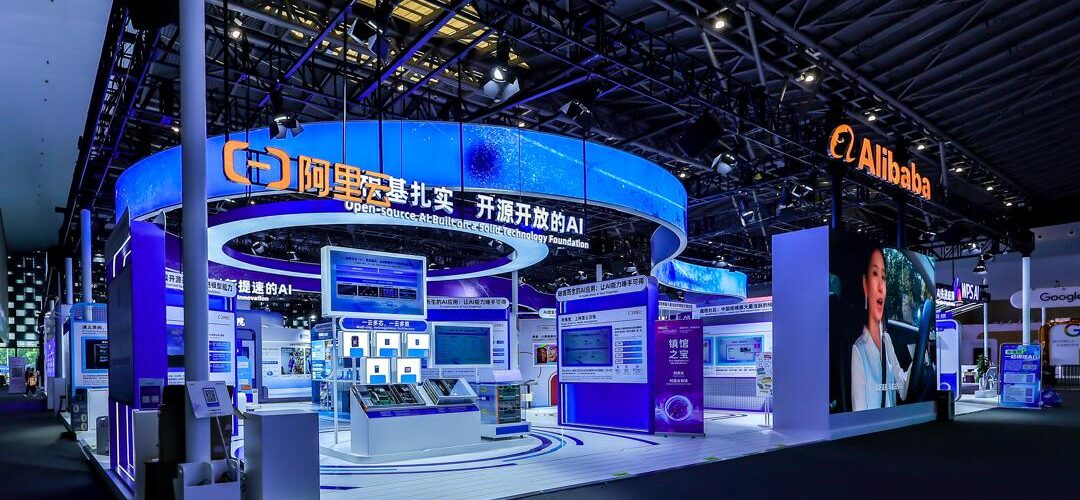Next-Gen AI Cockpits: Driving a Smarter Mobility Experience
Alibaba launched a cutting-edge large multimodal model (LMM) solution tailored for automotive intelligent cockpits, developed in partnership with Qualcomm and Banma. Leveraging Qwen’s visual comprehension and multimodal capabilities, the cockpit system runs on Qualcomm’s advanced Snapdragon 8397 platform to deliver seamless and intuitive in-car interactions.
At the center is Yan AI, Banma’s intelligent voice assistant that supports natural language commands for real-time tasks like booking restaurants, purchasing movie tickets, and navigation. More than reactive, Yan AI anticipates driver needs—suggesting music, optimizing cabin comfort, and enhancing the overall driving experience.
“The innovations underscore Alibaba’s growing role as a leader in applied generative AI, delivering intelligent solutions that are not only technologically advanced but deeply integrated into everyday experiences and industrial workflows,” said Jingren Zhou, CTO of Alibaba Cloud Intelligence.
Qwen-Powered Enterprise Partnerships: From Cities to Sustainability
The event also spotlighted how global companies are adopting Qwen models to optimize their operations and sustainability efforts.
A key example is Signify, the world’s leading lighting brand, which integrated Qwen into its Interact City Flex street lighting system. The result is a GenAI agent that enables natural language controls for energy-saving dimming strategies, detects anomalies, and automates maintenance decisions.
“Digital transformation in urban environments relies on intelligent systems that make city management smarter and more sustainable,” said Hans Nikol, Head of Open Innovation of Signify.
“By making use of Alibaba’s Qwen model in our GenAI Agent, we’re empowering cities to proactively reduce energy consumption and lower operational costs. This collaboration marks an important step in intelligent city management and underlines our commitment to innovation and our vision for greener, brighter cities.”
Quark AI Glasses: Alibaba’s Wearable Leap into Everyday Intelligence
Marking its entry into the AI wearables space, Alibaba unveiled the Quark AI Glasses—its first self-developed smart eyewear. Lightweight and ergonomically designed, the glasses are powered by Qwen’s LLM and Quark’s multimodal AI, serving as an intelligent companion for professionals, travelers, and tech-savvy users.
The glasses support a range of features:
- Hands-free calls and music
- Real-time translation
- Meeting transcription
- Near-eye navigation via Amap
- Alipay transactions
- Smart shopping via Taobao
- Travel alerts from Fliggy
Scheduled for official release in China by end-2025, the Quark AI Glasses signal Alibaba’s vision to embed ambient, context-aware AI into everyday life.
Qwen’s Rapid Adoption: An Open-Source AI Ecosystem on the Rise
With more than 400 million downloads and over 140,000 derivative models, the Qwen LLM series has become one of the most widely adopted open-source AI models worldwide.
As Alibaba continues to evolve Qwen’s capabilities, the company remains focused on open innovation—enabling developers, businesses, and governments around the world to build next-generation intelligent solutions.









